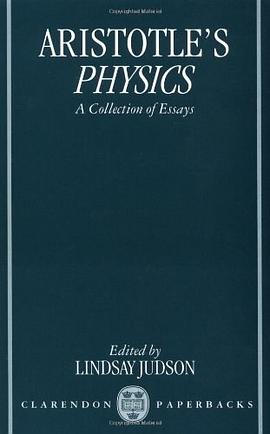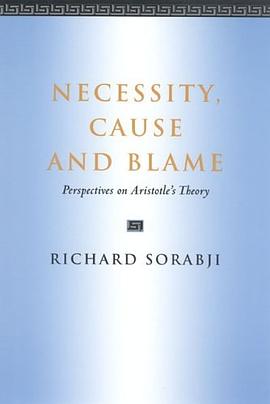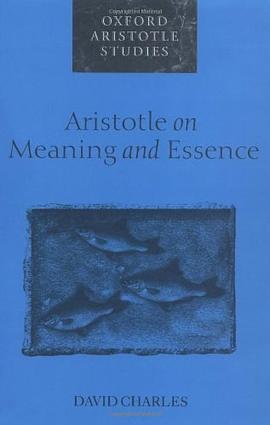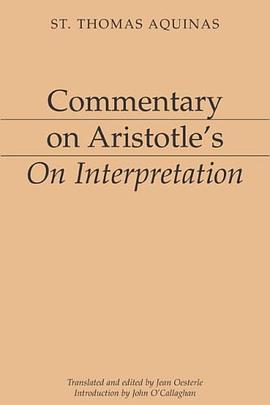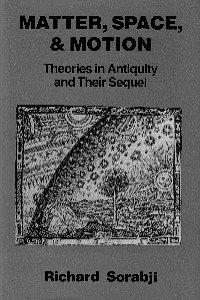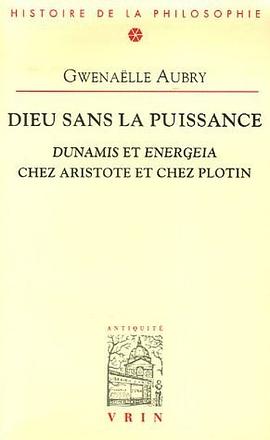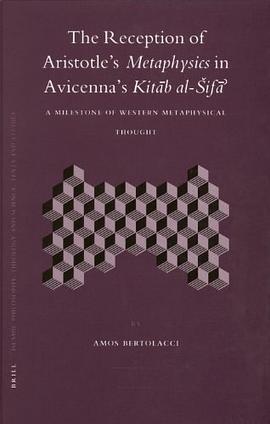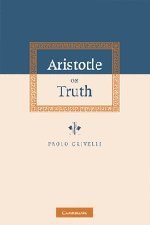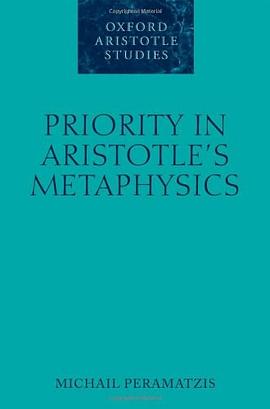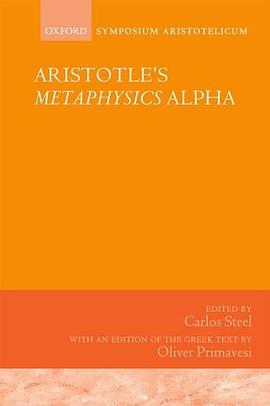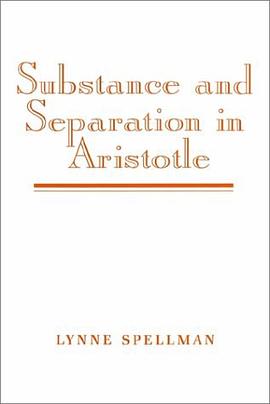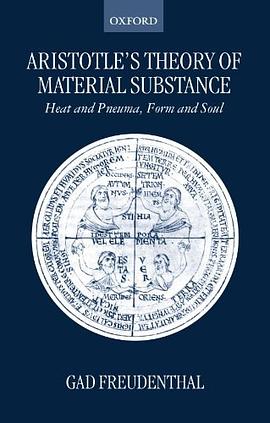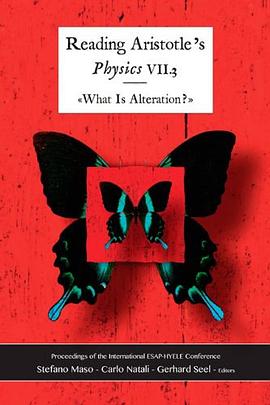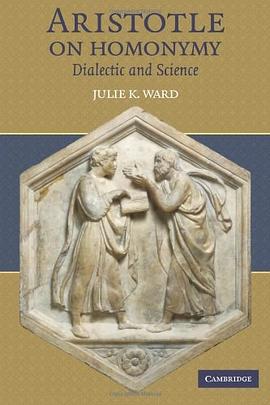

Presents a new interpretation of Aristotle's Analytics (the Prior and Posterior Analytics) as a unified whole, and argues that to "loose up"or solve -- rather than to reduce or break up -- is the principle meaning which best characterizes the Analytics.Offering a new interpretation of Aristotle's Analytics (the Prior and Posterior Analytics) as a unified whole, Patrick H. Byrne argues that a non-deductive form of ancient mathematical analysis influenced Aristotle's thinking. Reading the Analytics with this perspective in mind sheds new light on Aristotle's theories of the syllogism, demonstration, and the principles of science.The book begins with a brief survey of ancient geometrical analysis and an investigation of Aristotle's uses of the Greek term, analuein. Byrne argues that "to loose up" or solve -- rather than to reduce or break up -- is the principal meaning which best characterizes Aristotle's Analytics. Extending this line of reasoning, he argues that for Aristotle scientific analysis commonly begins with knowledge of a "mere fact" (a conclusion) and seeks a rigorous demonstration which expresses knowledge of the "reasoned fact". Moreover, genuine analysis of a fact into a reasoned fact cannot be accomplished unless the premises of demonstrations are themselves reasoned facts. Hence the processes which yield the immediate principles (especially definitions) are next investigated through detailed examinations of key examples which Aristotle provides.
具體描述
讀後感
評分
評分
評分
評分
用戶評價
相關圖書
本站所有內容均為互聯網搜索引擎提供的公開搜索信息,本站不存儲任何數據與內容,任何內容與數據均與本站無關,如有需要請聯繫相關搜索引擎包括但不限於百度,google,bing,sogou 等
© 2025 qciss.net All Rights Reserved. 小哈圖書下載中心 版权所有


